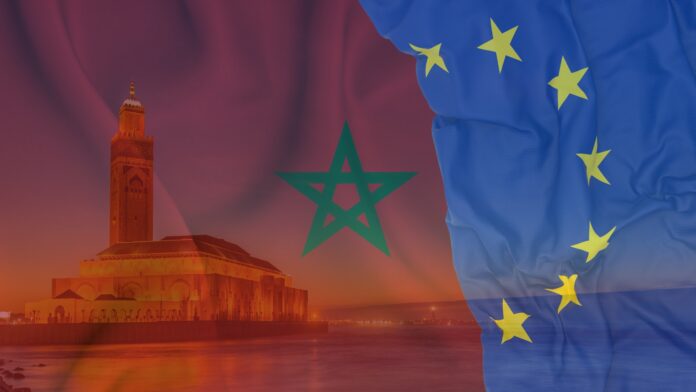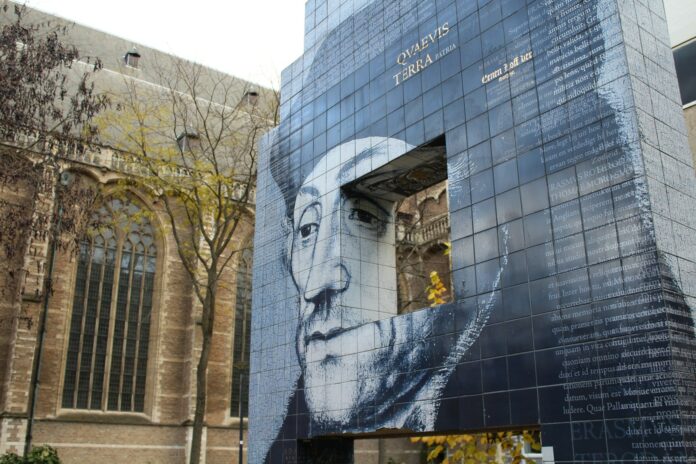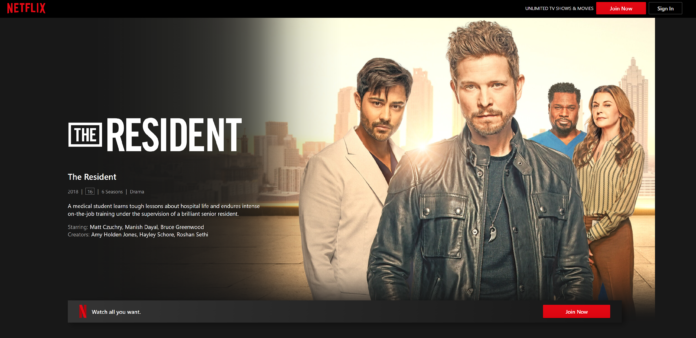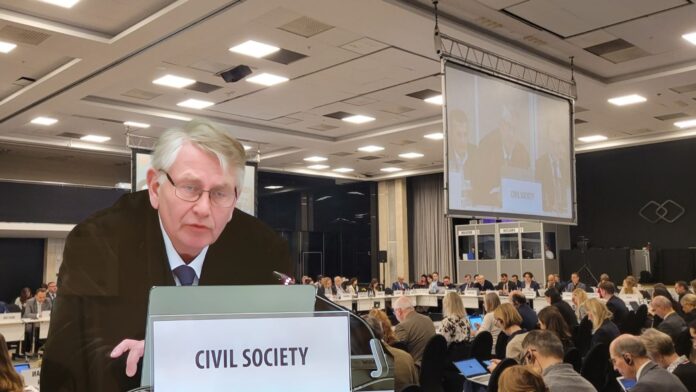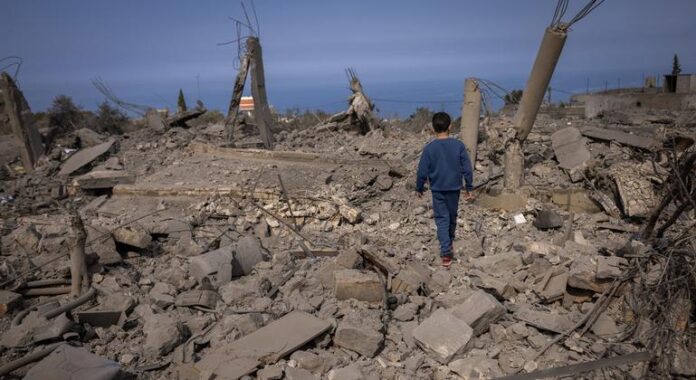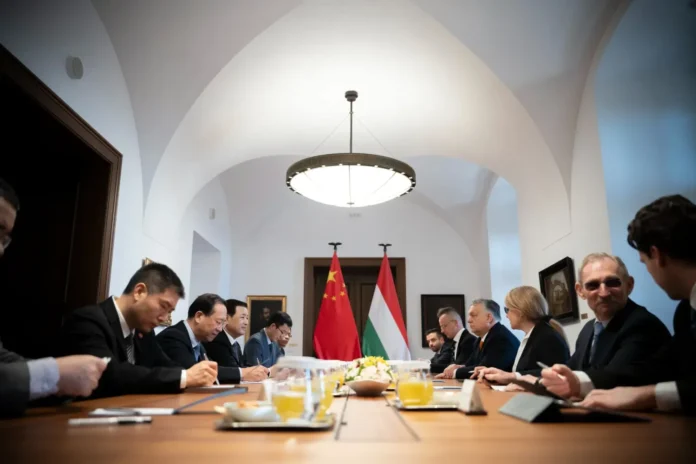The European Union and the Agreements with Morocco: An In-Depth Analysis of Recent Developments
The European Union (EU) has recently taken crucial decisions regarding its fisheries and agriculture agreements with Morocco, a matter that raises complex economic, political and legal issues. These agreements, which allow European vessels access to Moroccan waters and facilitate the import of Moroccan agricultural products into the European market, are essential for both parties. However, they are also marked by tensions linked to the Western Sahara issue.
Legal background to the agreements
The fisheries and agriculture agreements between the EU and Morocco have been renewed several times since they were first signed. However, their legitimacy has been called into question, notably following rulings by the Court of Justice of the European Union (CJEU). In 2016, the CJEU annulled a fisheries agreement, arguing that it failed to comply with international law, particularly with regard to the rights of the Saharan people. The Court stressed that the resources of Western Sahara cannot be exploited without the consent of its people, leading to a re-evaluation of existing agreements.
Morocco’s position and international support
Morocco has championed an autonomy initiative for Western Sahara, proposing a solution that would allow the territory to enjoy a degree of autonomy while remaining under Moroccan sovereignty. This initiative has received the support of over 100 nations, including major geopolitical players such as the United States, France, the United Arab Emirates, Israel, Germany and Spain. This international support is crucial for Morocco, as it strengthens its position on the international stage and enables it to legitimize its actions regarding the Western Sahara.
Morocco maintains that the proposed autonomy is the best solution for ensuring stability and development in the region. The Moroccan authorities maintain that this initiative could encourage dialogue and cooperation between the various stakeholders, while guaranteeing respect for the rights of local populations.
Reactions from the Polisario Front
In contrast, the Polisario Front, which claims independence for Western Sahara and is supported by Algeria, advocates a referendum on self-determination for the Saharan people. This position has historically enjoyed some international support, but is currently less popular in the current geopolitical context.
The difficulties of implementing a referendum are manifold. Analysts point out that issues such as voter registration, factional tensions and security concerns make it a complex option. Moreover, international support for the Polisario Front has waned in recent years, further complicating its position.
Economic consequences of the agreements
The fisheries and agriculture agreements are of vital importance to the Moroccan economy. The fishing industry, in particular, is an essential source of income and employment, especially in coastal regions. Access to the European market enables Moroccan fishermen to sell their products at a competitive price, while meeting the growing demand for seafood products in Europe.
At the same time, the agricultural agreement also opens up opportunities for Morocco to export agricultural products, promoting the development of Moroccan agriculture. For the EU, these agreements guarantee a stable supply of food products while supporting sustainable fishing, which is crucial in the context of growing concerns about food security in Europe.
Future challenges
The challenges facing the EU and Morocco are many. The need to reconcile economic interests with the requirements of international law and humanitarian concerns is paramount. The situation in Western Sahara continues to be a sticking point influencing EU negotiations and decisions.
The EU seeks to maintain advantageous trade relations with Morocco while respecting the principles of international law. The complexity of this situation calls for continuous and constructive dialogue between the various parties, in order to find lasting solutions that are acceptable to all.
Future prospects
In the future, the EU may consider modifications to its agreements to ensure their compliance with international legal standards while safeguarding its economic interests. Enhanced dialogue between the EU and Morocco will be essential to navigate these complexities. Morocco’s international support could also play a key role in future discussions, influencing EU decisions.
In summary, the EU’s decision on fisheries and agriculture agreements with Morocco represents a delicate balance between economic interests, legal considerations and humanitarian issues. Future discussions will need to take these various aspects into account to achieve sustainable solutions, while recognizing the international context that shapes this dynamic. The future of EU-Morocco relations will depend on the ability of both parties to overcome current challenges and cooperate constructively for the development of the region.



